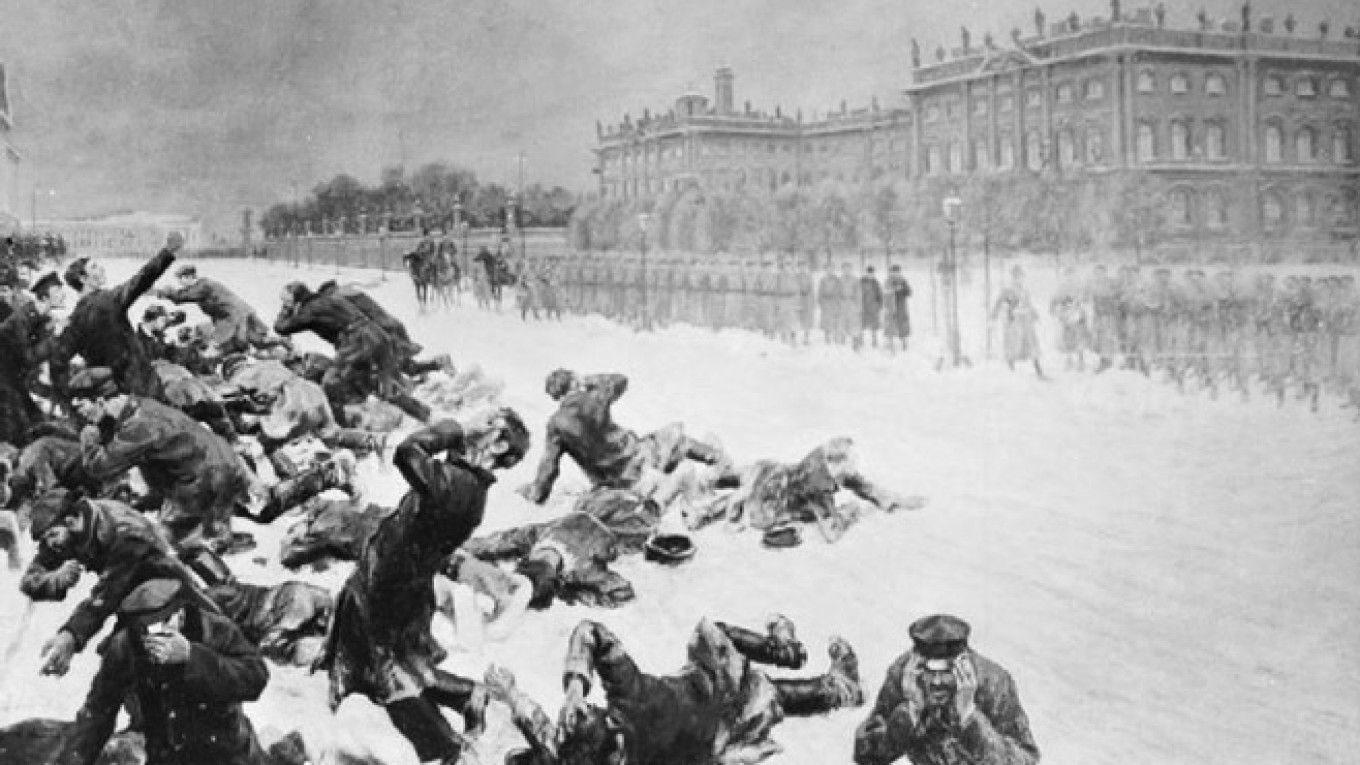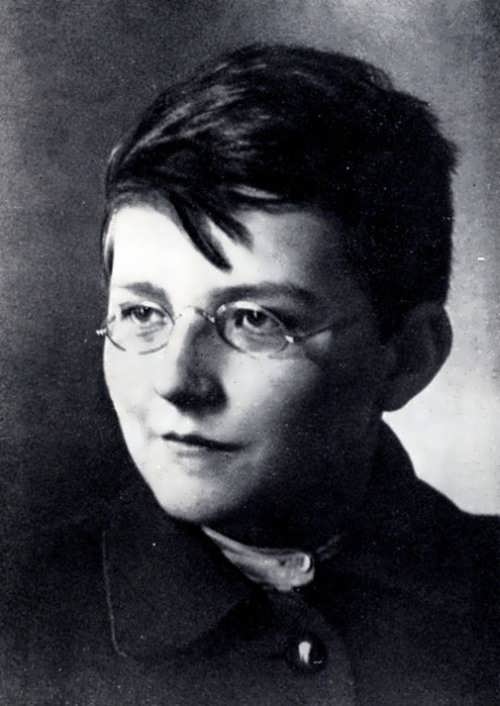September 25th, 1906, Shostakovich was born to a musical family, however, he did not take an interest in music until his teenage years.
EARLY LIFE
“I didn't sneak to the door at the age of three in order to listen to music, and when I did listen to it, I slept afterward just as soundly as the night before.”
~ Dmitri Shostakovich
Shostakovich grew up during a tumultuous time in Russian history. The country's increasingly industrialized economy sparked a population boom, which in turn led to poverty and overcrowding, especially in Shostakovich’s hometown of St. Petersburg. These conditions caused tension between the Russian public and the wealthy Czar, eventually erupting into the Revolution of 1905 which saw the death of hundreds of civilians.

Illustration of the 1905 Revolution (Courtesy of ThoughtCo.).
The onset of World War I in 1914 only worsened the tension, causing an economic depression at a time when workers were already struggling financially. In 1917, the leftist Bolsheviks, led by Vladimir Lenin, revolted and occupied the government, vowing to change the leadership from the bourgeois capitalist class to the proletariat working class. This change in power led to a further civil war, which Lenin's forces won, establishing Communism as the new face of the Russian government.
Despite the conditions of his country, Shostakovich began to show extreme promise in music. At age 13, he enrolled at Petrograd University where he studied piano and composition and worked as a ballroom pianist from 1919 to 1925.

Young Shostakovich (Courtesy
of the Eastman School of Music).

Petrograd University in 1913 (Courtesy of the St. Petersberg Encylopedia).
In 1924-1925, he completed Symphony No. 1 at the age of 19, garnering global recognition and establishing his role as a leading Soviet composer. He continued to write music for various occasions, composing for plays at the Theatre for Working Youth in 1929-1931, and wrote the scores for various films.